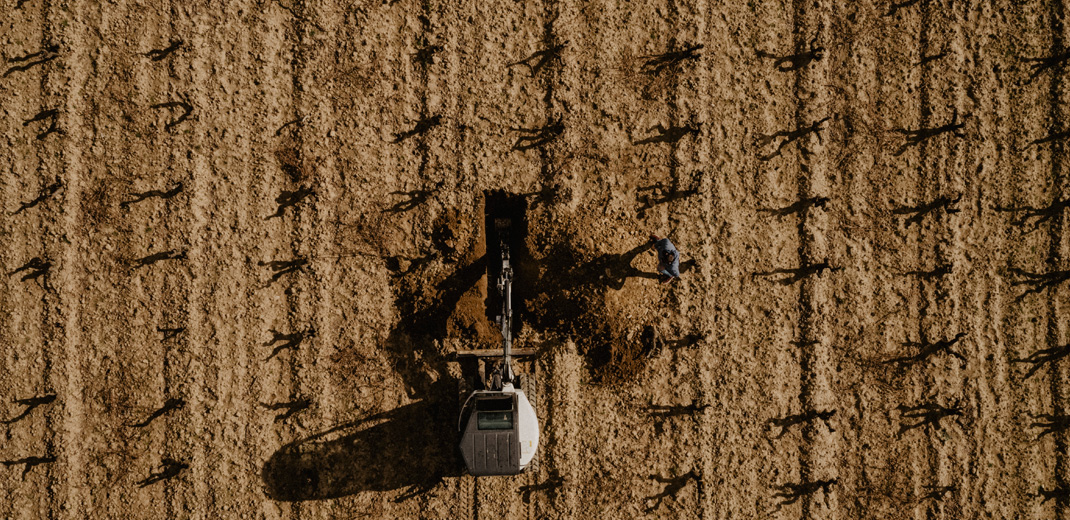
From gifted soils, unrepeatable wines
22 June 2022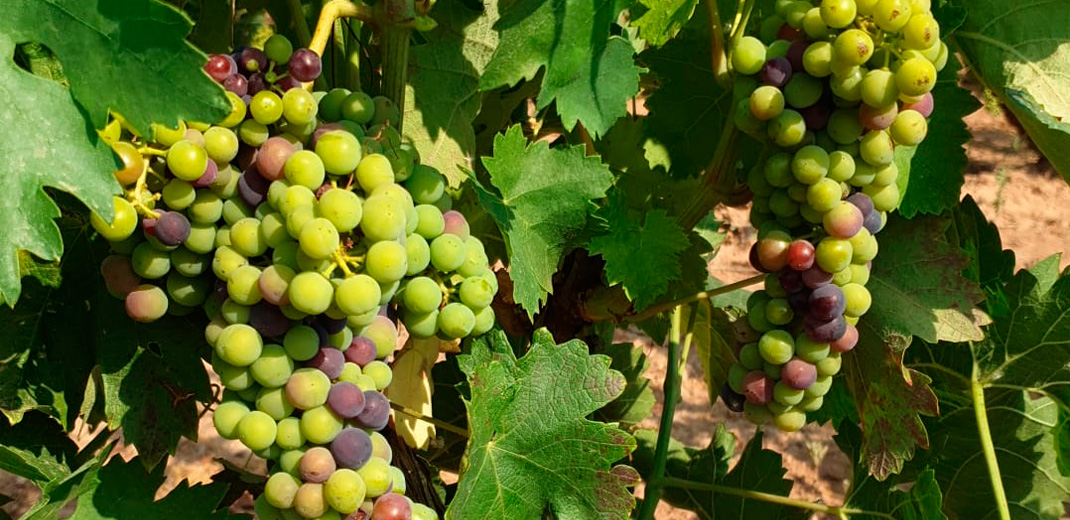
Veraison: From greens to golds and reds
8 August 2022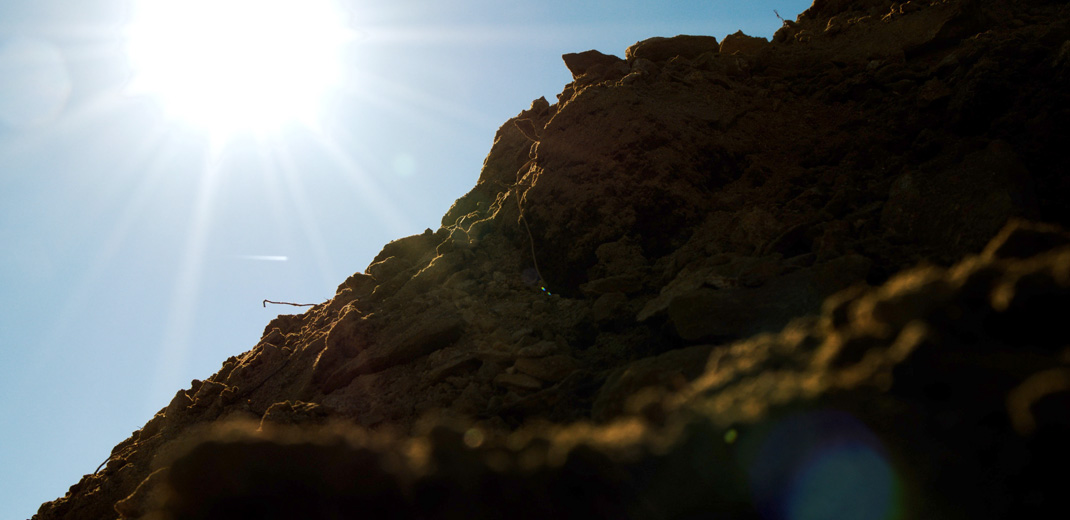
With such hot summers and such early heat -we should remember that in June in La Rioja we suffered our first heat wave-, the vine cycle is shortening. The vine needs a vegetative rest, with cold and rain so that it can accumulate a deep water reserve, which is what will allow it to nourish itself on hot days.
What happens to the vine with such high temperatures? The grape, with the heat, accumulates sugars and, consequently, causes the wine to become increasingly alcoholic and, at the same time, it is not allowing the grape to ripen as it should, in the sense of aromatic and polyphenolic richness, which is what ultimately gives the wine its quality. It is increasingly difficult for grapes to ripen well in the field.
But our estates, being located at higher altitudes, benefit from the thermal contrast between day and night, which is optimal for the vines, allowing for slow ripening. Also, taking into account that we have recovered varieties such as Maturana Blanca, which has a long cycle, the harvests, both alcoholic and phenolic, go hand in hand.
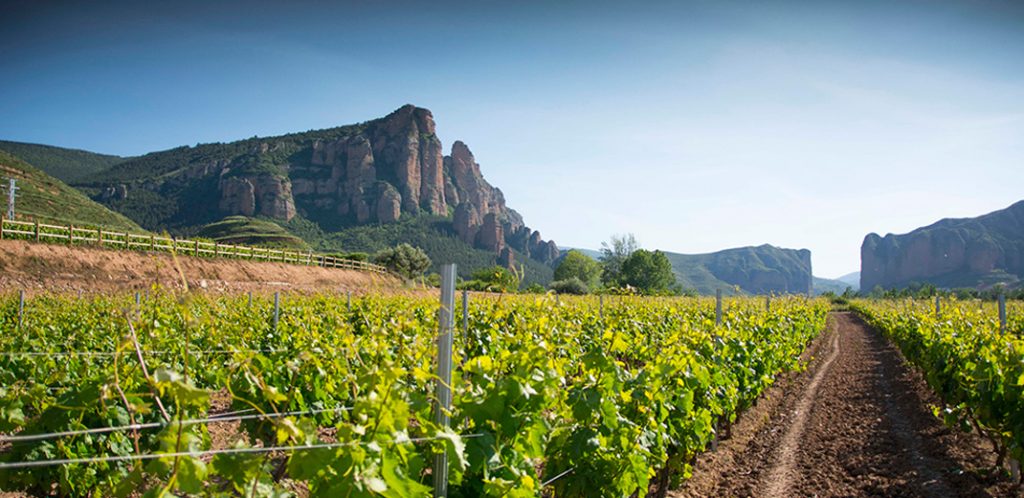
For this reason, vine cultivation is going to move to more northerly latitudes, because it needs a minimum of humidity and coolness to be able to grow, which is difficult to achieve at the moment, with these increasingly dry winters and such early heat.
We have always been committed to the land. We study our plots in detail, in order to be able to apply measured and precise agriculture to them, with the aim of achieving the best possible wines from each estate. Moreover, we do this on estates with altitudes of around 750 metres in Albelda de Iregua and Nalda, 650 metres in Badarán and between 480 and 550 metres in Briones and San Asensio. We have also prioritised altitude in our Ribera de Duero winery, Trus, where we have intensified our search for privileged vineyards in high, cool areas.
Our vocation is to ensure a future for the wine-growing heritage, which is why we are recovering old native varieties, such as the white Maturana, Viura, Garnacha Blanca and white Tempranillo, which were practically extinct in our territory, and which has become one of the pillars of our Nivarius winery.
We have also been working for years to cultivate vineyards at higher altitudes, to guarantee this need for humidity, freshness and water. Our viura vineyards, for example, are located between 500 and 700 metres above sea level on the slopes of Moncalvillo, Alto Najerilla and Nalda.
In addition, we have set up an unusual project aimed at obtaining great wines for ageing in our selected estates in the vicinity of the Sierra de la Demanda. This is still a little explored territory for winemaking and benefits from an altitude between 700 and 800 metres, as well as an extreme climate that favours freshness.
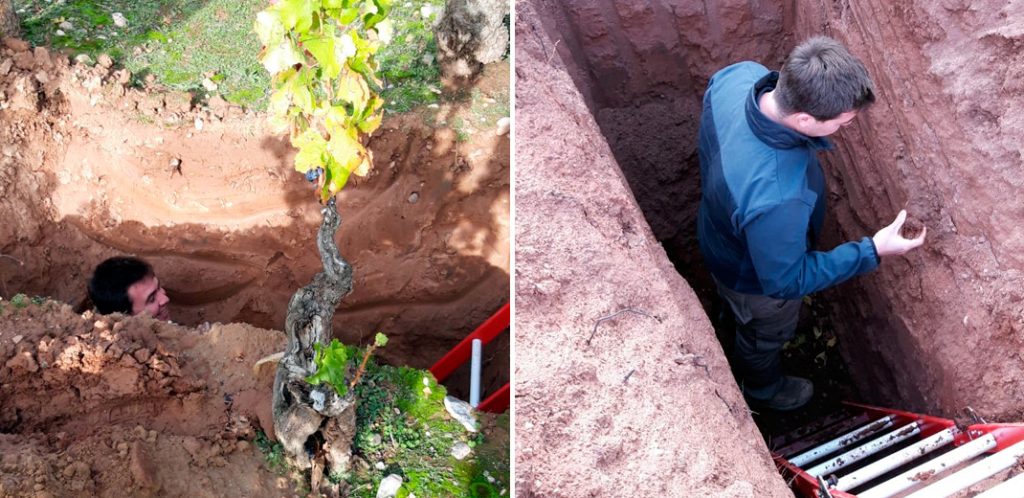
High temperatures are often accompanied by strong storms and even hail. It is true that the most delicate time is spring, when the buds are still very tender and a hail storm can kill them. However, it could also cause a disaster in the vineyards now. Because now the grapes are just coming out.
More worrying, however, is the combination of storms and heat, because it becomes the perfect breeding ground for quite a few fungal diseases. If temperatures are very high the next day after a big storm, the risk of these diseases, which are so harmful to the vine, appearing is very high. And even if the grapes have managed to thrive, they can rot and spoil.
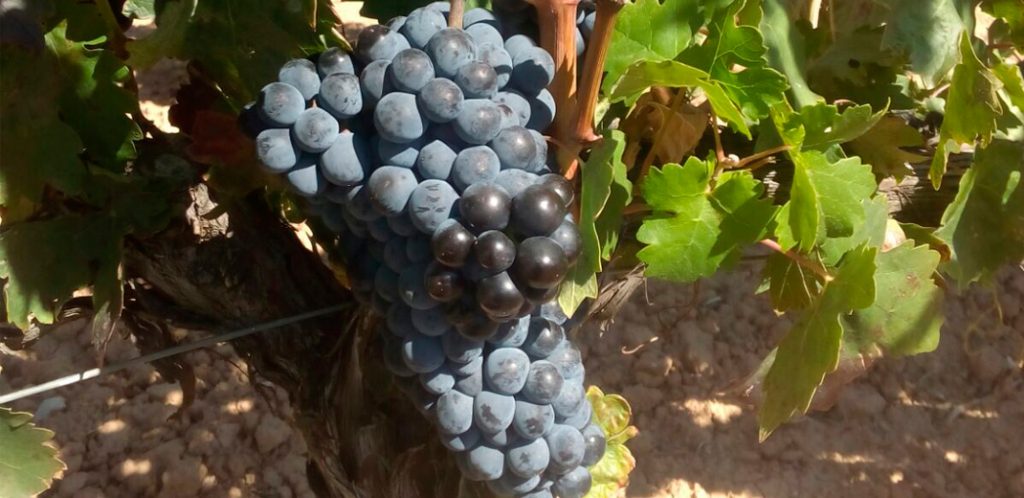
At Bodegas Palacios Vinos de Finca we leave nothing to chance. Our work is the result of observation and analysis. And yes, we also study the climate and climate change, which affects the vineyard, the field, despite the fact that the vine is a rainfed crop. This is why our vineyards are in high, cool areas, which means, for example, that the start of the new vine cycle is delayed. And we never stop observing the evolution of the vineyard and the climatic conditions. This is the only way to be prepared for whatever may happen. This is the only way to achieve our unique wines.
